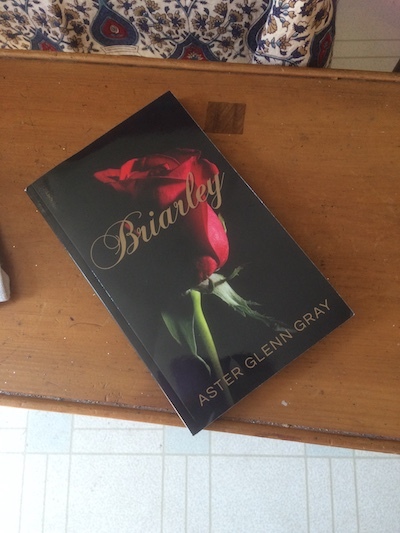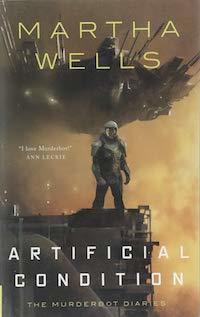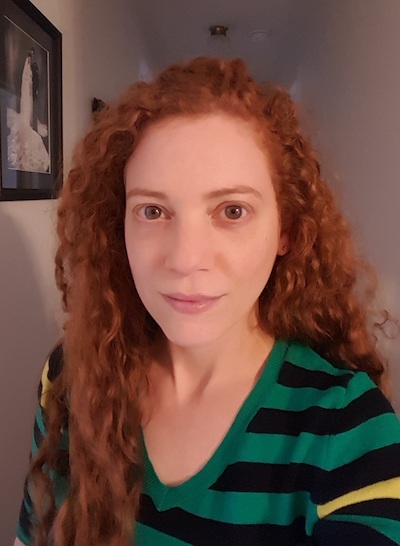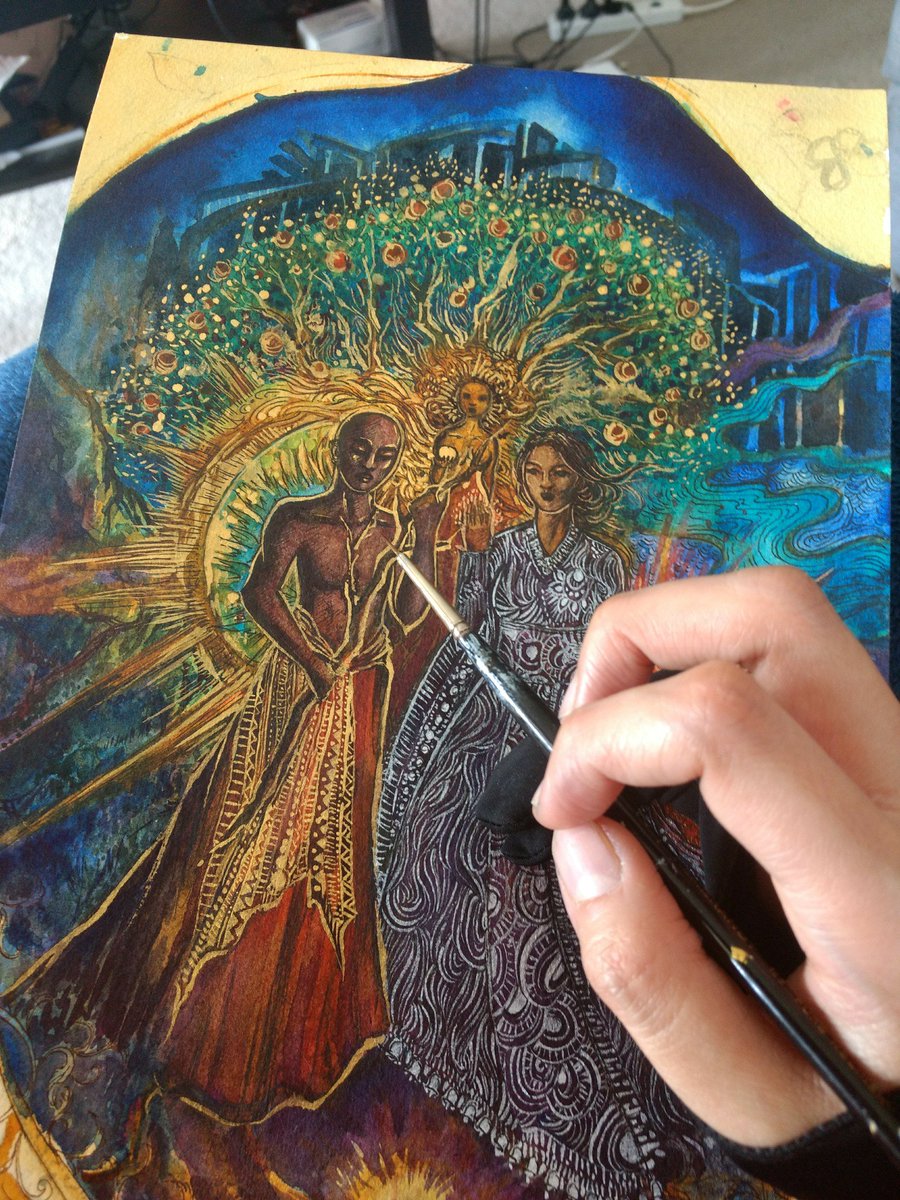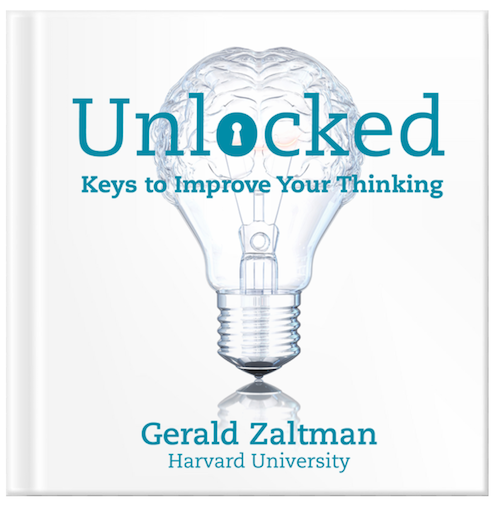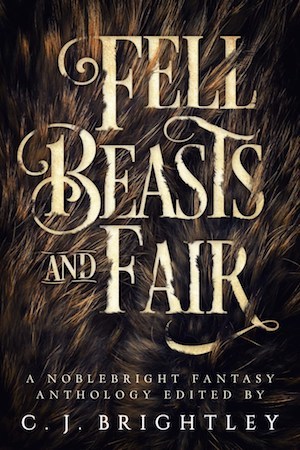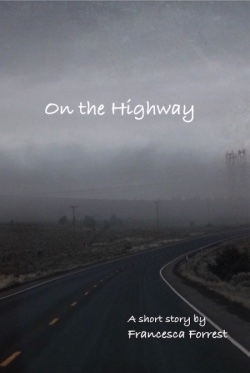story news; the babies and the 18-wheeler
Apr. 29th, 2024 12:12 pmstory news
I don't generally like to share news like this ahead of time because I'm afraid of jinxing it, but after a hiatus of two years I should have a longish short story coming out in a venue I won't name yet (again, the jinxing thing). I guess this time I'm risking the jinx because it's just been so long! And I'm very excited to share this story with the world.
It's called "Semper Vivens," but when I was writing it, I called it my Amazon Annihilation story. Not because it's about annihilating the Amazon but because it let me express my feelings--sort of, modified by fiction!--about the Amazon, and the result ended up kind of being my take on some of the movie Annihilation's themes. (I specify the movie because I didn't read the book.)
the babies and the 18-wheeler
Wakanomori and I were in a McDonald's last week, rather late, and there was one other patron present, a middle-aged Puerto Rican guy who was pouring powder-format electrolytes into his Sprite.** He engaged us in conversation from the other side of the establishment.
"You should get a McDonald's card. You get the discount, whatever McDonalds's you go into. On everything. It works everywhere. Here, in New York, in Puerto Rico--wherever you go."
"When we were in Puerto Rico, there was an earthquake," I said. "The McDonalds was the only place with power. Everyone was there."
"Uh-huh, that's right. The McDonald's always have power. Where were you at? Ponce? San Juan?"
"San Juan."
He nodded sagely.
"I came over here 30 years ago," he said. "Drove an 18-wheeler. Brought my babies over. We lived in the 18-wheeler."
"You lived with your babies in an 18-wheeler? You need to write your story!"
"I know," he agreed. "I gotta write my story. Hey Vanessa, you leaving?"
"Just going across the street; I'll be right back, JJ," Vanessa, a McDonald's employee, reassured him.
"Okay, that's good; see you!"
Wakanomori and I boggled all the way home.
I want to read the story about the babies and the 18-wheeler.
**I know because that was actually his opening gambit: did we know you could get electrolytes in this format? Better than buying Gatorade or Pedialyte, he assured us.
I don't generally like to share news like this ahead of time because I'm afraid of jinxing it, but after a hiatus of two years I should have a longish short story coming out in a venue I won't name yet (again, the jinxing thing). I guess this time I'm risking the jinx because it's just been so long! And I'm very excited to share this story with the world.
It's called "Semper Vivens," but when I was writing it, I called it my Amazon Annihilation story. Not because it's about annihilating the Amazon but because it let me express my feelings--sort of, modified by fiction!--about the Amazon, and the result ended up kind of being my take on some of the movie Annihilation's themes. (I specify the movie because I didn't read the book.)
the babies and the 18-wheeler
Wakanomori and I were in a McDonald's last week, rather late, and there was one other patron present, a middle-aged Puerto Rican guy who was pouring powder-format electrolytes into his Sprite.** He engaged us in conversation from the other side of the establishment.
"You should get a McDonald's card. You get the discount, whatever McDonalds's you go into. On everything. It works everywhere. Here, in New York, in Puerto Rico--wherever you go."
"When we were in Puerto Rico, there was an earthquake," I said. "The McDonalds was the only place with power. Everyone was there."
"Uh-huh, that's right. The McDonald's always have power. Where were you at? Ponce? San Juan?"
"San Juan."
He nodded sagely.
"I came over here 30 years ago," he said. "Drove an 18-wheeler. Brought my babies over. We lived in the 18-wheeler."
"You lived with your babies in an 18-wheeler? You need to write your story!"
"I know," he agreed. "I gotta write my story. Hey Vanessa, you leaving?"
"Just going across the street; I'll be right back, JJ," Vanessa, a McDonald's employee, reassured him.
"Okay, that's good; see you!"
Wakanomori and I boggled all the way home.
I want to read the story about the babies and the 18-wheeler.
**I know because that was actually his opening gambit: did we know you could get electrolytes in this format? Better than buying Gatorade or Pedialyte, he assured us.






